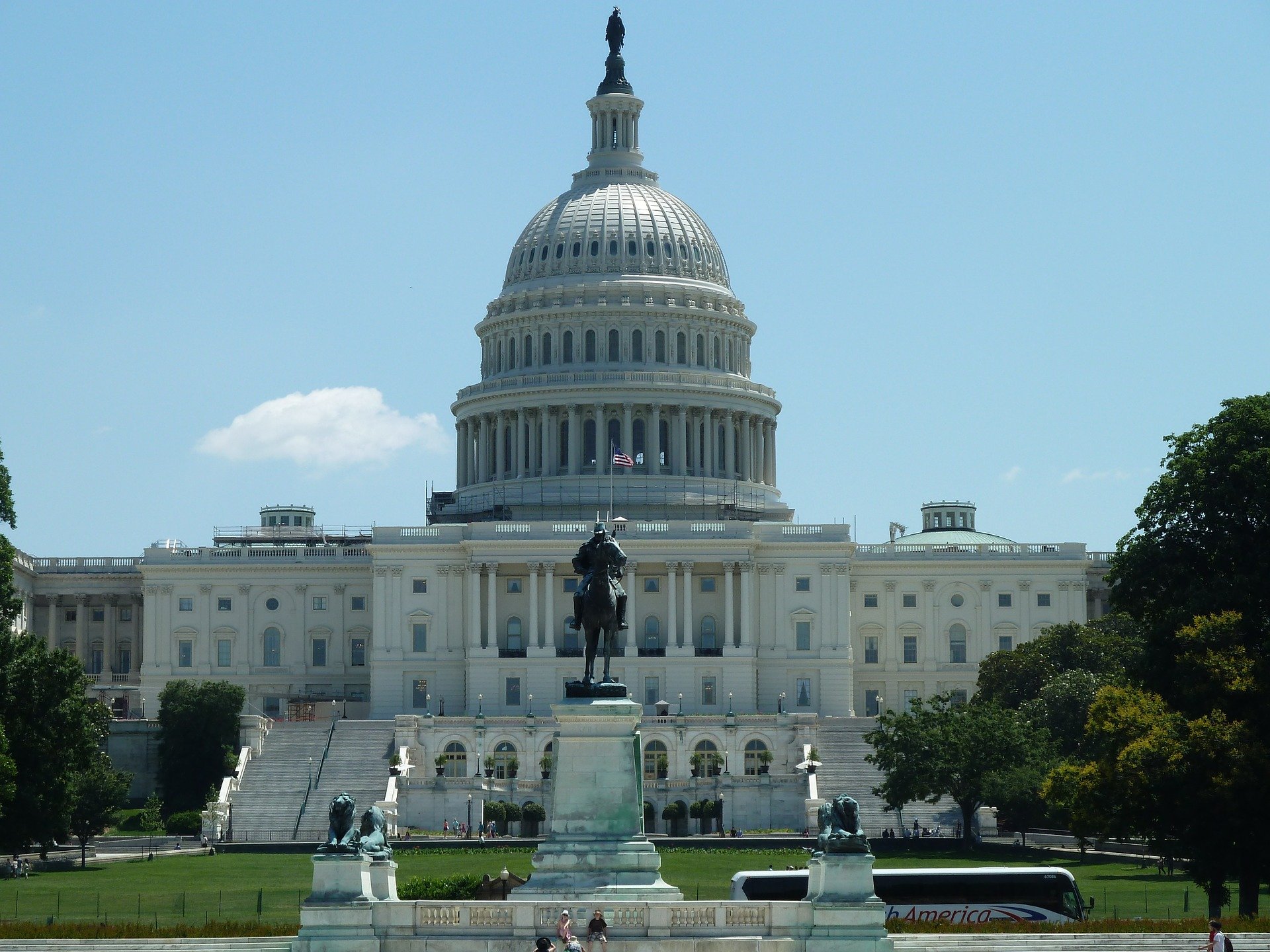
(WASHINGTON | GA Recorder) — The U.S. Senate voted Thursday to begin debate on President Joe Biden’s $1.9 trillion coronavirus relief bill after drafting a number of revisions that, among other changes, tweak the aid intended for state and local governments.
The legislation approved in the House outlines $350 billion in direct aid to state, local governments, territories and tribes. Of that figure, $195 billion would go to states and the District of Columbia, and $130 billion would be divided among cities and counties.
Under the Senate version, the size of the state aid would remain the same, but the share for local governments would go down to $120 billion. The $10 billion difference would be set aside for states’ infrastructure projects, like improving broadband access.
It also would set limits on how the money can be used, barring cities and states from using the dollars to pay down pension costs or to pay for new attempts to cut taxes. And it would ensure that states get at least as much as they received under the last aid package.
Republicans have opposed the aid to state and local governments, arguing that those entities largely have not seen their revenues decline as much as they projected. But supporters of the bill, including some GOP mayors, say state and local budgets face lingering financial uncertainties as they attempt to carry out vaccination programs and other increased duties.
The Senate-crafted changes come as Democrats are racing to send the wide-ranging pandemic assistance bill to Biden’s desk before March 14, when expanded unemployment benefits and a slew of other provisions from the last relief bill begin to expire.
The massive legislation would provide direct checks of $1,400 to Americans in certain income brackets, extend unemployment benefits and food assistance programs, and continue a national pause on evictions. It also would provide more money for reopening schools, for vaccination efforts, for child care providers, and would expand the child tax credit.
The Senate version includes a handful of key changes, including narrower eligibility for who will receive those $1,400 checks, which would phase out completely for individuals making $80,000 and joint tax filers at $160,000.
It also removes a provision to raise the federal minimum wage to $15 per hour. The Senate parliamentarian ruled that section violated the procedural rules being used to approve the stimulus package with 51 votes instead of the 60 typically required in the Senate.
Debate over additional amendments was delayed Thursday when Sen. Ron Johnson (R-Wisc.) insisted that the 628-page bill first be read aloud, a procedural that senators typically waive. Reading the full bill text was expected to take as long as 10 hours.
GOP senators also are expected to propose a slew of floor amendments, which could push a vote on the measure into the weekend. After Senate approval, the bill would return to the House for another vote on the Senate’s changes.






